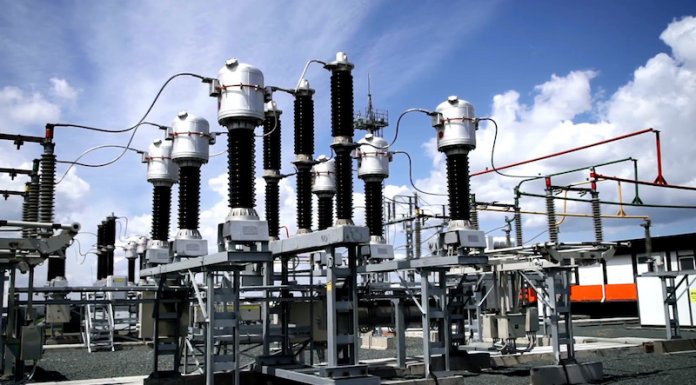Workers in the electricity industry are set to go on a strike, which would disrupt electricity supply nationwide, following the expiration of their 21-day ultimatum to the federal government.
The workers had given the 21-day ultimatum for the government and managements of other players in the electricity sector to address their grievances over non-payment of salary arrears, remittance of pension deductions and retrenchment of staff or else they would plunge the nation into darkness.
Their resolve to go on strike without further notification came just as a power sector consultant has said that the power generating companies (Gencos) and distribution companies (Discos) direly need N1.2 trillion bailout to improve services.
The workers under the auspices of the National Union of Electricity Employees (NUEE) accused the Ministry of Power of failing to respond to their strike notification letter which expires today (Tuesday).
The National President of the union, Mr. Joe Ajero, told THISDAY yesterday that the union, having exhausted every avenue for the resolution of the dispute, had no other option than to withdraw services without further notice.
He said the union made sure that it sent its letter to all the relevant authorities in the power sector, including the security agencies.
He also told THISDAY that the strike notice was published in one of the national dailies to ensure that no one would claim not to have seen it.
He said: ” We gave a strike notice and it expires tomorrow (today). It is now left for us to decide when to commence strike action based on our strategy.”
Ajero who flayed the manner the Ministry of Power is treating the workers’ complaints, said the union had given more than enough opportunity for dialogue on the issues but that nothing was forthcoming from the government.
He said ministry officials first responded to the union’s letter saying that the minister “travelled out of the country but later said that their letter was on the minister’s table and that he is looking into it.”
“The strike letter was sent to the Ministry of Power and there was one letter they wrote, saying the minister is not in the country and that he is still studying the situation. They said the minister will look into everything, that is all,” he added.
When asked whether the workers will embark on a strike after today, Ajero said due to sensitive nature of the sector, the union would have to adopt a strategy to carry out its threat.
“It is our action that will show if we are ready or not. We can’t continue to issue threats without action,” he stated.
He, however, explained that one of the stakeholders, the Eko Distribution Company, had reached out to the union showing areas it has complied with the workers’ demands.
Ajero said notwithstanding the efforts of the Eko Disco to partially meet the demand of the workers, its services would still be affected when they go on strike because it would affect the power generation companies supplying electricity to the Discos.
THISDAY made efforts to contact the Minister of Labour and Employment, Senator Chris Ngige, to comment on the issues raised by the electricity workers but he couldn’t be reached as at the time of filing this report.
Gencos, Discos Require N1.2tn Bailout, Says Senate
Meanwhile, a representative of Energy Market and Rate Consultants, Mrs. Rahila Thomas, has said the Gencos and Discos would need N1.2 trillion bailout to avoid plunging the country into darkness
Painting a gloomy picture of the power sector in her keynote address at a discussion organised by the Senate yesterday, Thomas said government needed to urgently inject N1.23 trillion into the operations of both Gencos and Discos to avoid total electricity blackout in future.
In his speech, Senate President, Dr Ahmad Lawan, urged the federal government to declare a state of emergency in the power sector.
Also speaking, Chairman of the Senate Committee on Power, Senator Gabriel Suswam, said, “there’s no doubting the consequential role which electricity plays in the economic development of countries”.
He lamented that Nigeria currently holds the position of being the second country in the world after India, with the highest population in the world without access to electricity.
Suswam identified challenges in the power sector to include: institutional and governance; infrastructural; political; legislative and environmental.
“Most institutions of government saddled with the responsibility of managing the power sector lack the capability and capacity to function effectively”, he said.
The legislator added that there is serious infrastructural deficit in the entire value chain of the power sector and “this more than any other challenge requires attention.”

